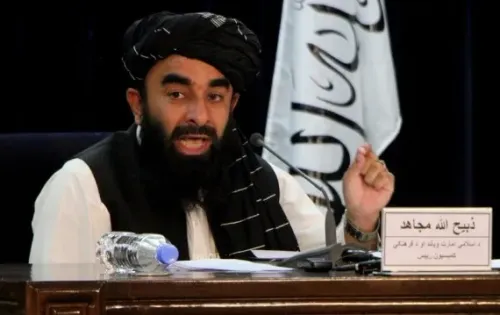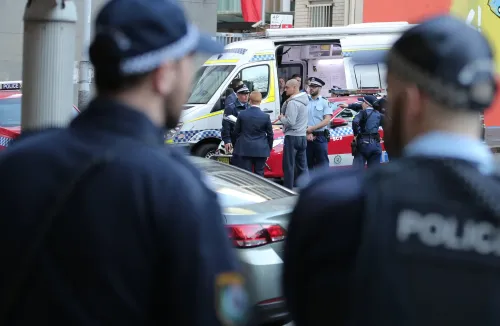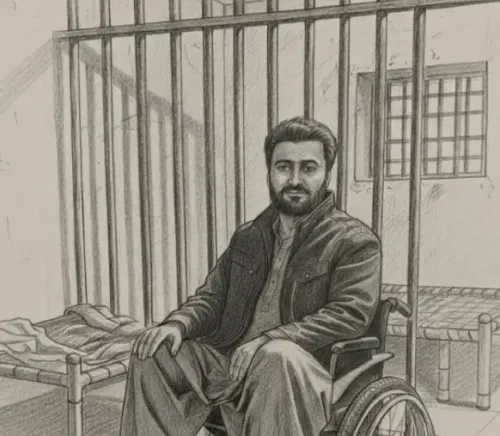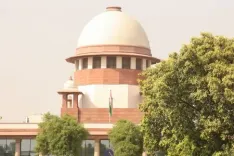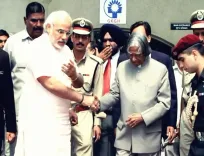Is Jamaat-e-Islami Right in Accusing Yunus Administration Advisors of Partisan Bias?
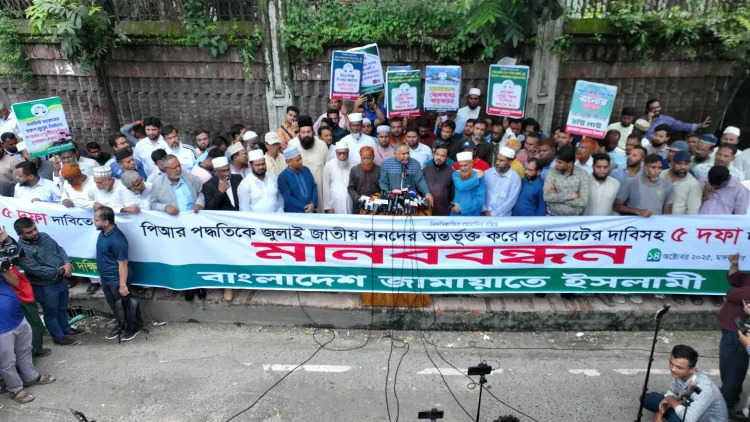
Synopsis
Key Takeaways
- Jamaat-e-Islami accuses advisors of partisan bias.
- Evidence like voice recordings has been claimed.
- Demands include a referendum and proportional representation.
- The political situation in Bangladesh is increasingly unstable.
- Disputes exist between Jamaat and the BNP regarding electoral reforms.
Dhaka, Oct 15 (NationPress) The radical Islamist party Jamaat-e-Islami has leveled accusations against several advisors within the interim government, claiming they are conspiring to create a partisan administration, according to local media reports on Wednesday.
During a human chain event at the Matsya Bhaban intersection in Dhaka, Jamaat leader Syed Abdullah Mohammad Taher stated, "We possess the names of the advisors involved in these conspiracies. We have their voice recordings. We know their remarks in meetings. We are withholding this information from the public for now to allow them a chance to rectify their actions," as reported by the Bangladeshi newspaper, The Daily Star.
He further asserted, "The current situation within the administration and the ongoing conspiracies must cease. I urge you to take this opportunity to correct your paths. If you ignore this warning, we will disclose the names to the public."
Previously, on Tuesday, Islamist leaders organized a human chain stretching from Jatrabari to Gabtoli in the capital, advocating for a referendum ahead of next year's election, a proportional representation system, and four other demands.
Criticizing the recent appointment of a secretary to the Public Administration Ministry, Taher claimed, "A person with a notorious history of corruption has been appointed. He is entirely loyal to a specific party and has held various roles within its student and political wings."
"We observe that four to five advisors are overseeing all appointments favoring one particular party," he added, without specifying any party.
Reiterating the party's demand for a referendum by November, the Jamaat leader indirectly criticized the Bangladesh Nationalist Party (BNP), stating, "Some are attempting to misinterpret our call for a referendum and national election to be held simultaneously."
Meanwhile, the BNP expressed skepticism regarding Jamaat's call for a November referendum on the July Charter, indicating it might be part of a "master plan" to postpone next year's national election, according to local media reports.
During a discussion at the Jatiya Press Club in Dhaka, BNP Senior Joint Secretary General Ruhul Kabir Rizvi cautioned that Jamaat's insistence on a November referendum could obstruct preparations for the February 2026 election.
Rizvi contended that conducting both the referendum and national election concurrently would save time and ensure a seamless process, asserting that a November referendum would not be feasible with only a month's notice.
Bangladesh continues to grapple with increasing uncertainty and political unrest as the nation approaches next year's election.
The parties that previously collaborated with Yunus to displace the democratically elected government of the Awami League, led by Sheikh Hasina, are currently in conflict regarding reform proposals.

